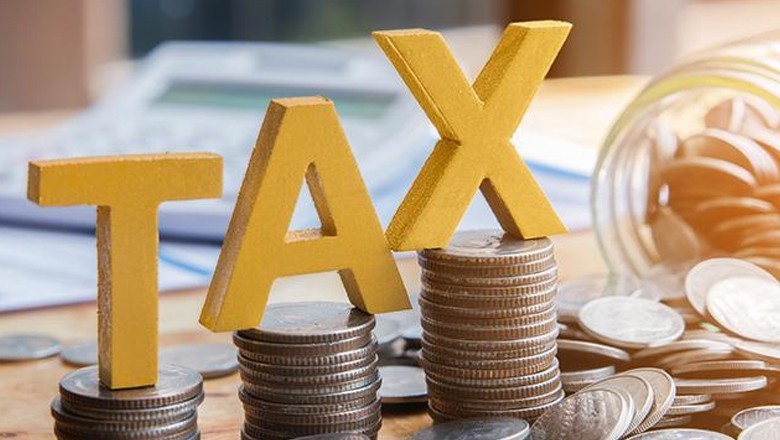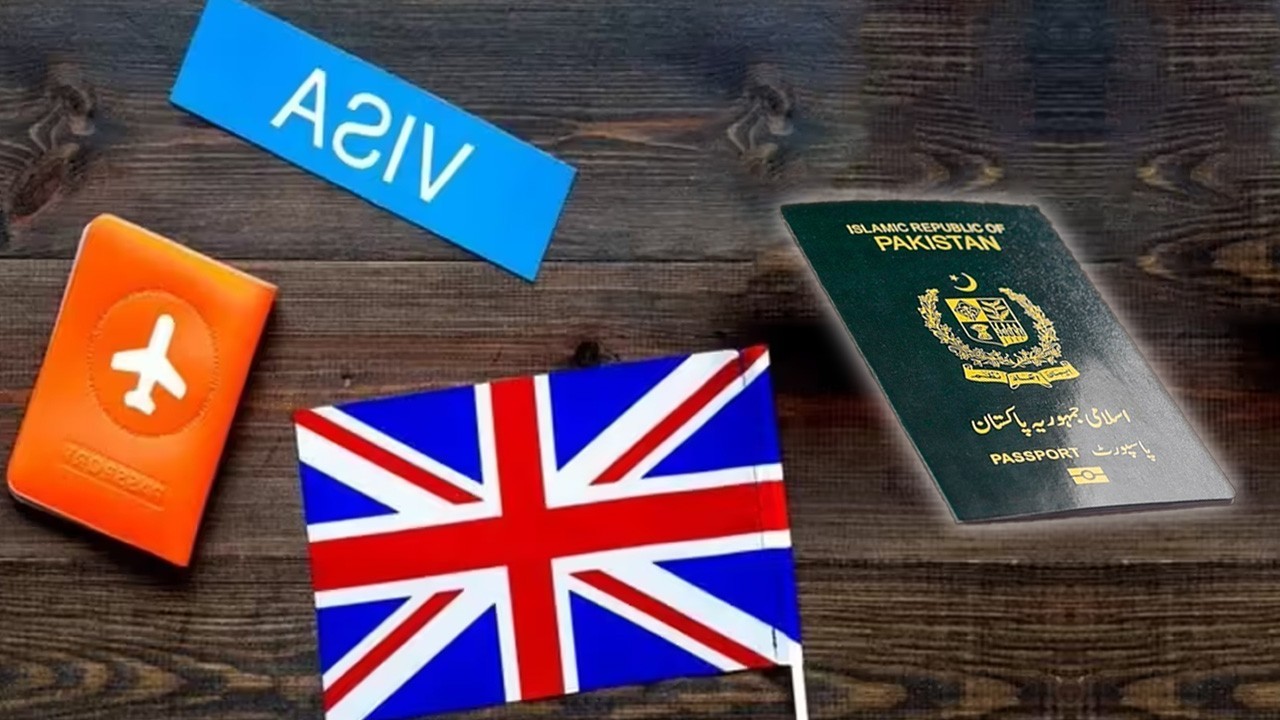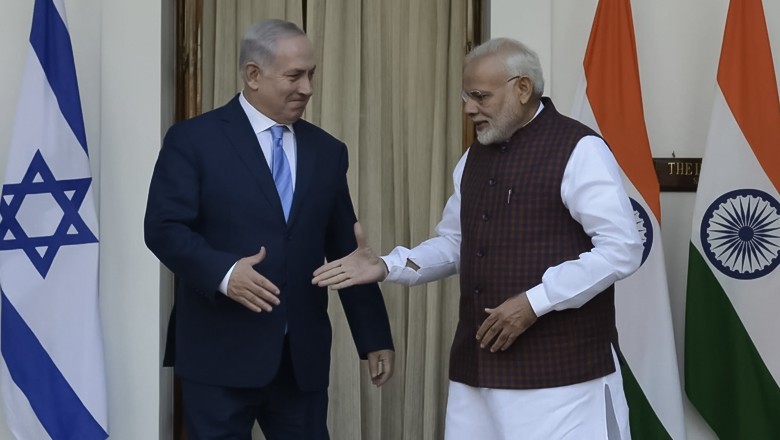IMF suggests imposing tax on e-commerce platforms to boost revenue

Web Desk
|
21 Mar 2024
After striking a staff-level agreement with Pakistan for a $1.1 billion loan tranche, the International Monetary Fund (IMF) recommended the government to expand its tax base by levying general sales and value-added taxes on online e-commerce platforms.
The global lender reportedly suggested that major online marketplaces controlling consumer transactions should register for value-added tax (VAT).
This VAT would be collected on sales of digital products, services, and low-value goods (LVGs) sold by non-resident vendors to Pakistani consumers.
To ensure transparency, the Washington-based money lender recommended precisely defining which non-resident platforms acting as the primary sellers are responsible for VAT collection.
Platforms controlling key transaction elements (like pricing and delivery) or handling payments would register and collect VAT.
The IMF clarified that VAT-registered businesses in Pakistan will be responsible for self-assessing and remitting VAT on their own purchases from non-resident vendors and platforms.
Businesses are not required to pay VAT on purchases used solely for their commercial activities.
Online platforms functioning solely as listing services for vendors will be exempted from the VAT.
The global lender maintained that government departments in Pakistan already have VAT registration. This means their purchases from non-resident vendors will be treated as business-to-business (B2B) transactions.
However, these departments will still be responsible for calculating and paying any applicable VAT on these purchases, including digital products, services, and low-value goods.
To safeguard the integrity of the new VAT system, the IMF has advised imposing penalties on individuals who misuse a VAT registration number. This applies to situations where someone provides a VAT number to a non-resident vendor or platform to avoid paying tax on personal purchases of digital products, services, or low-value goods (LVGs).












Comments
0 comment